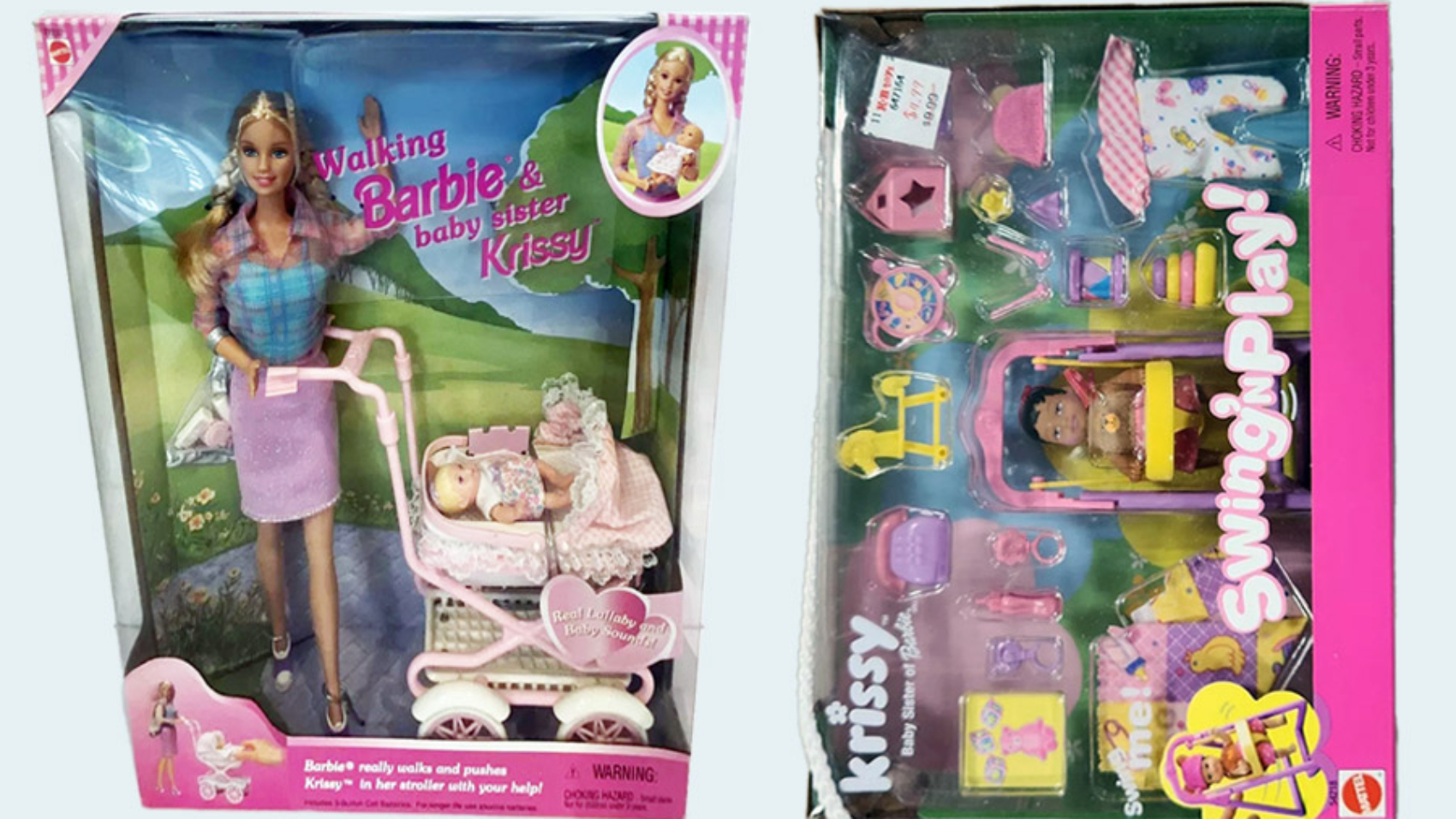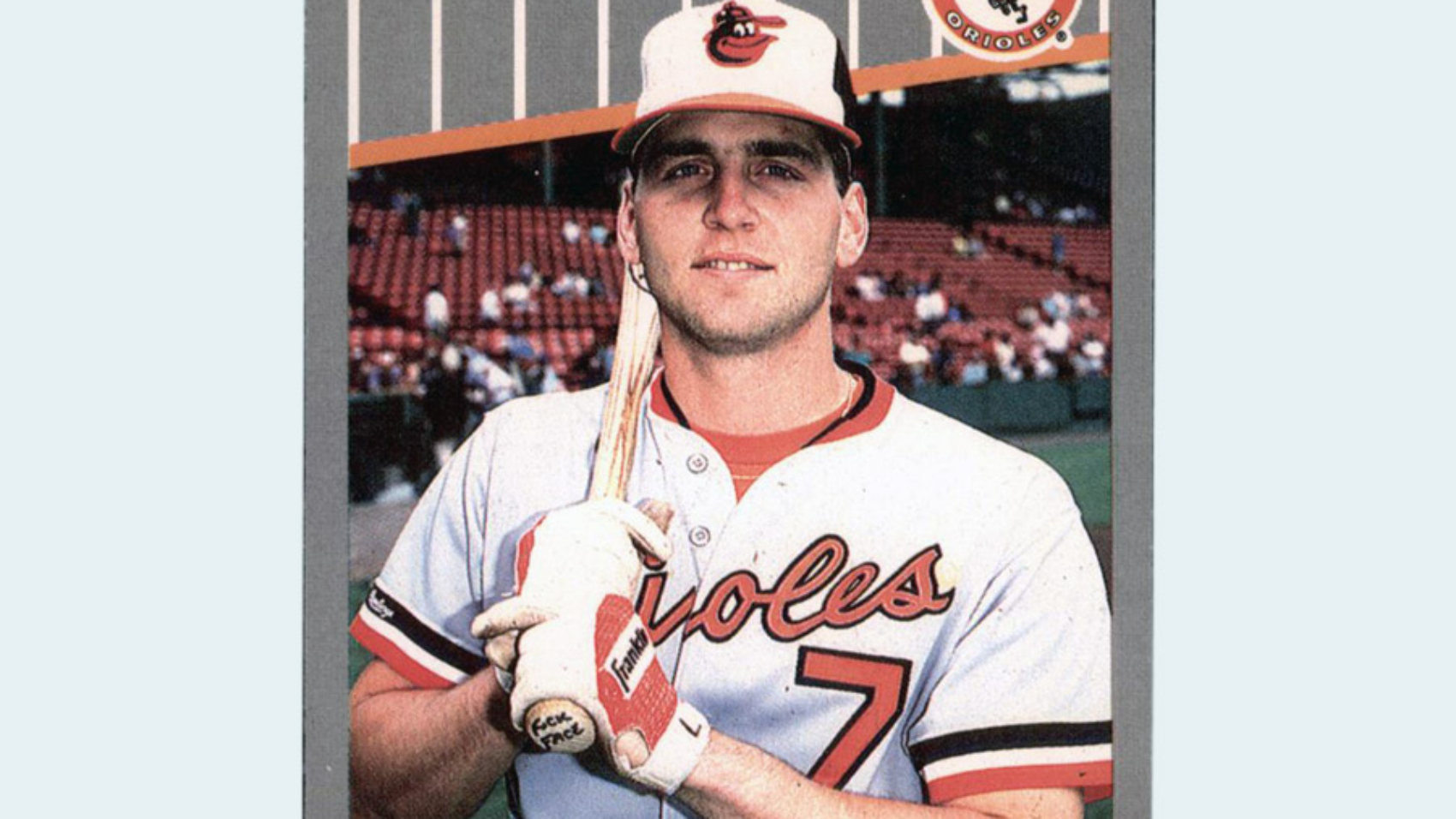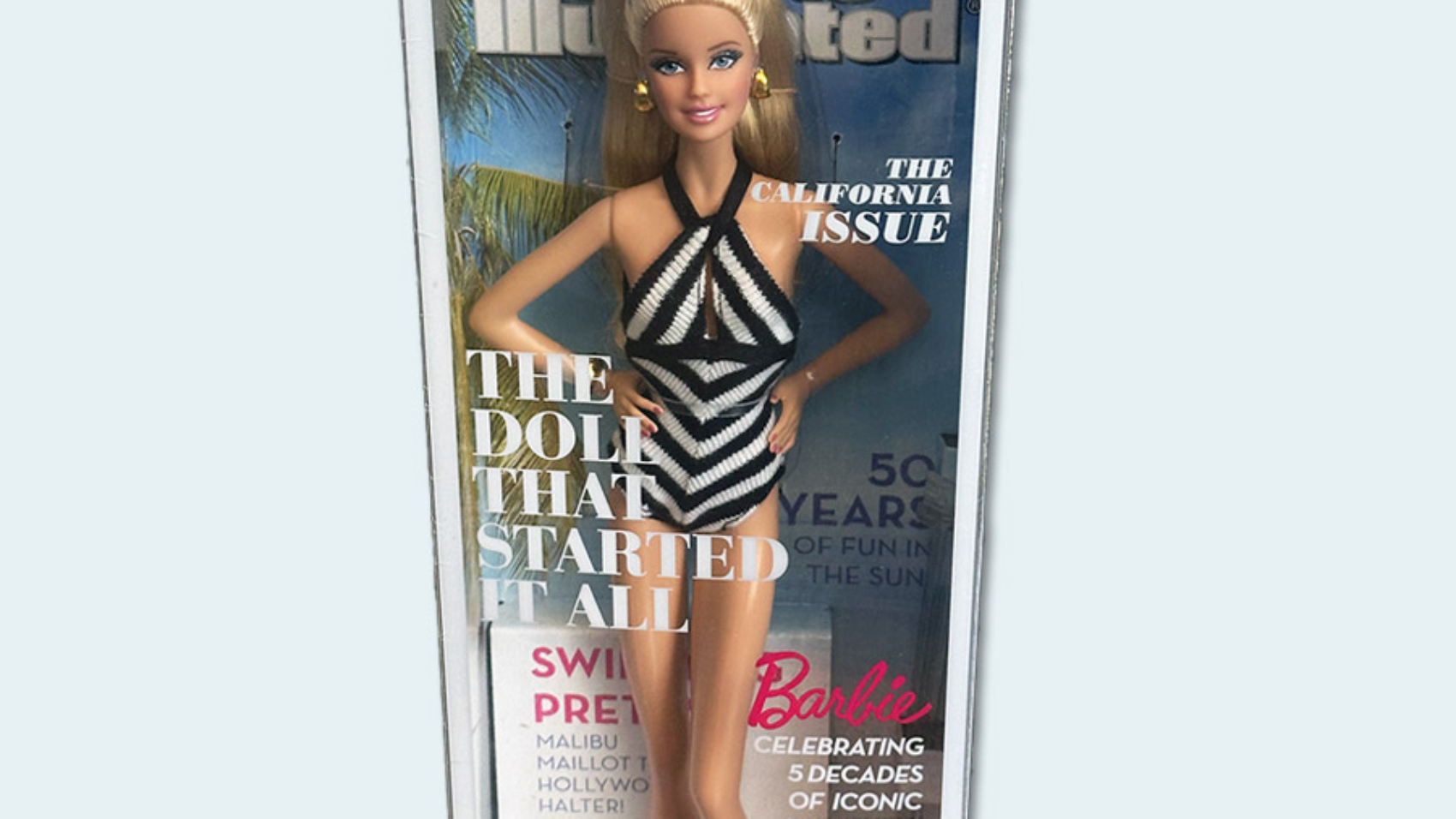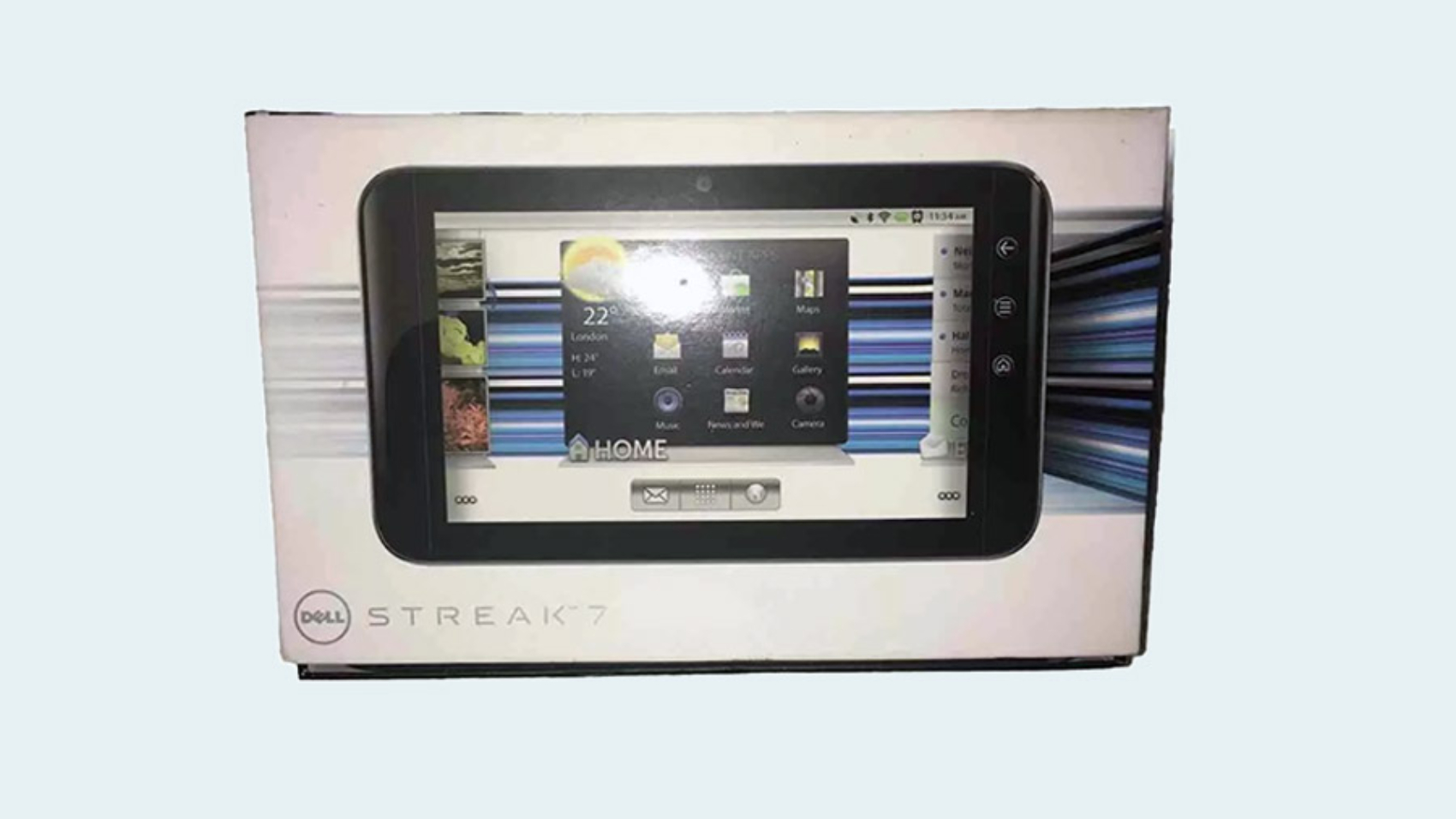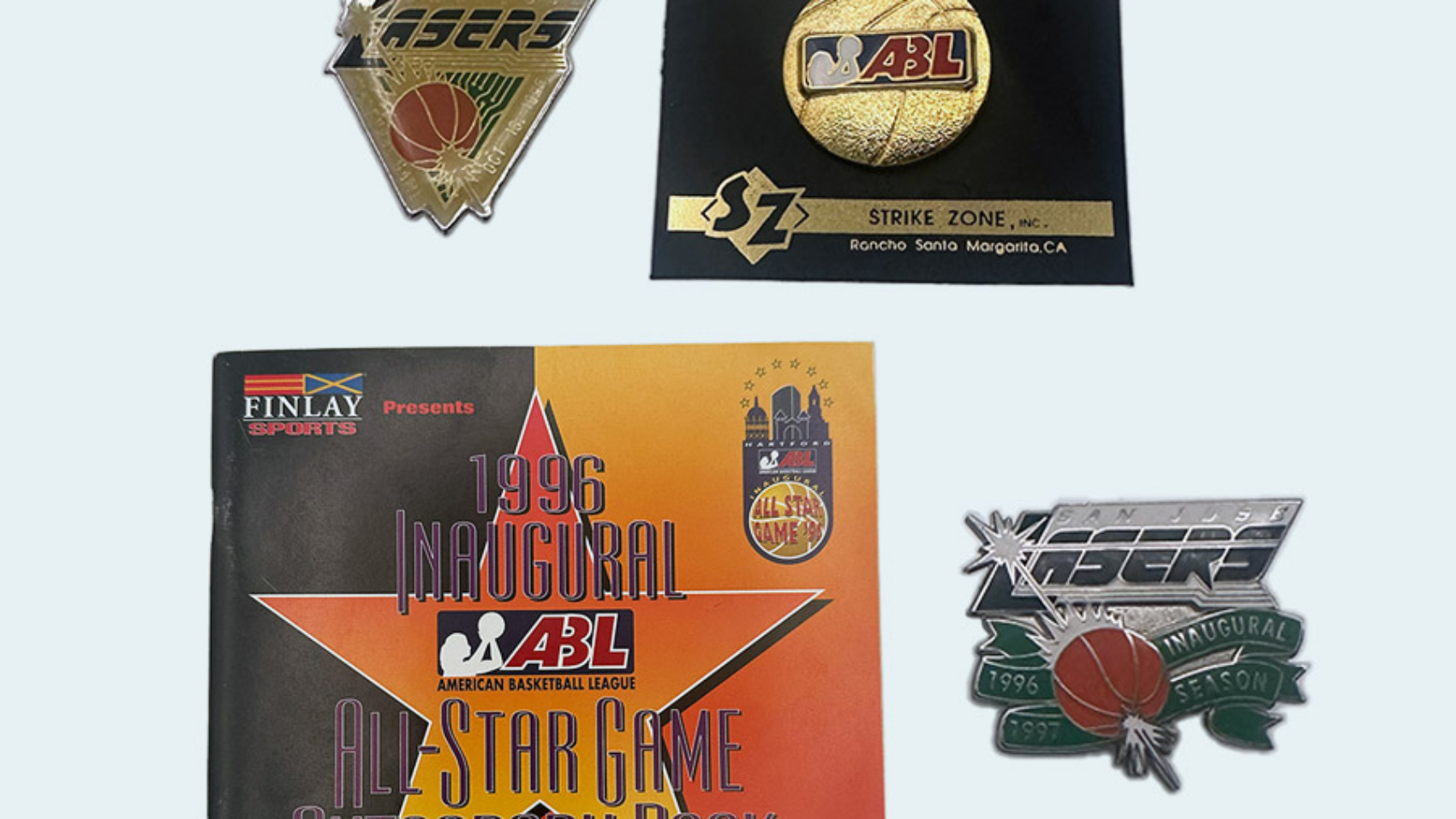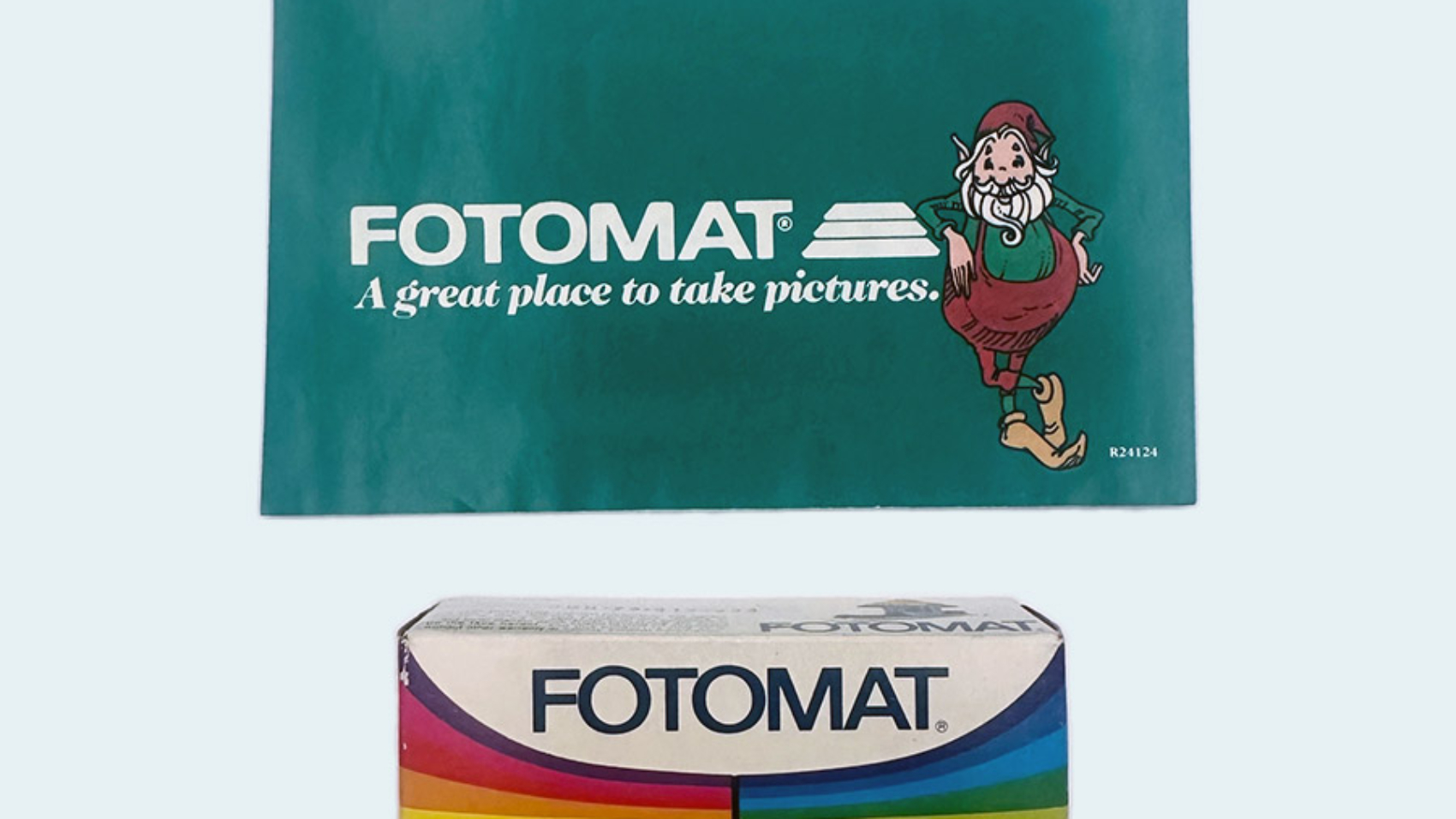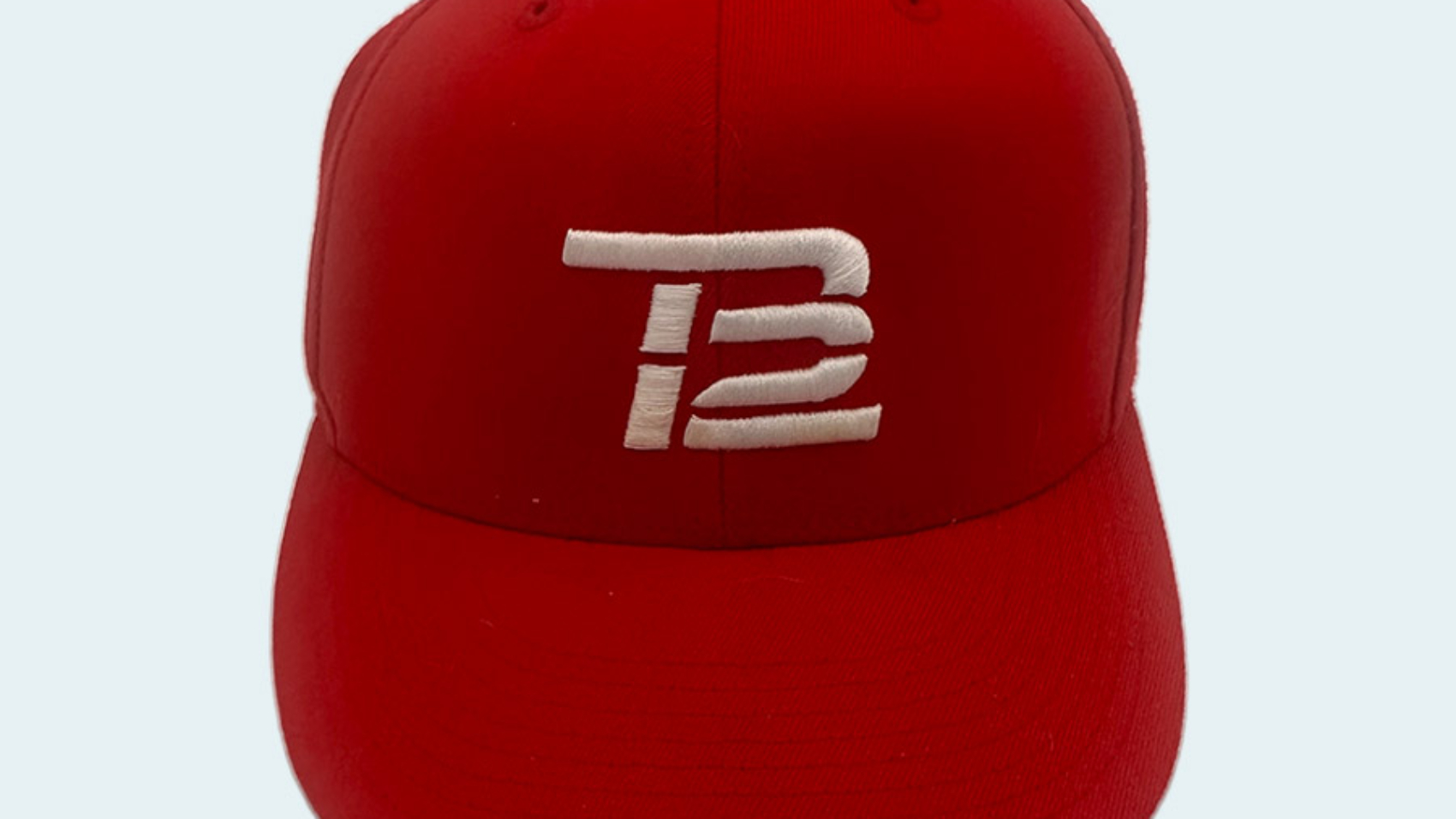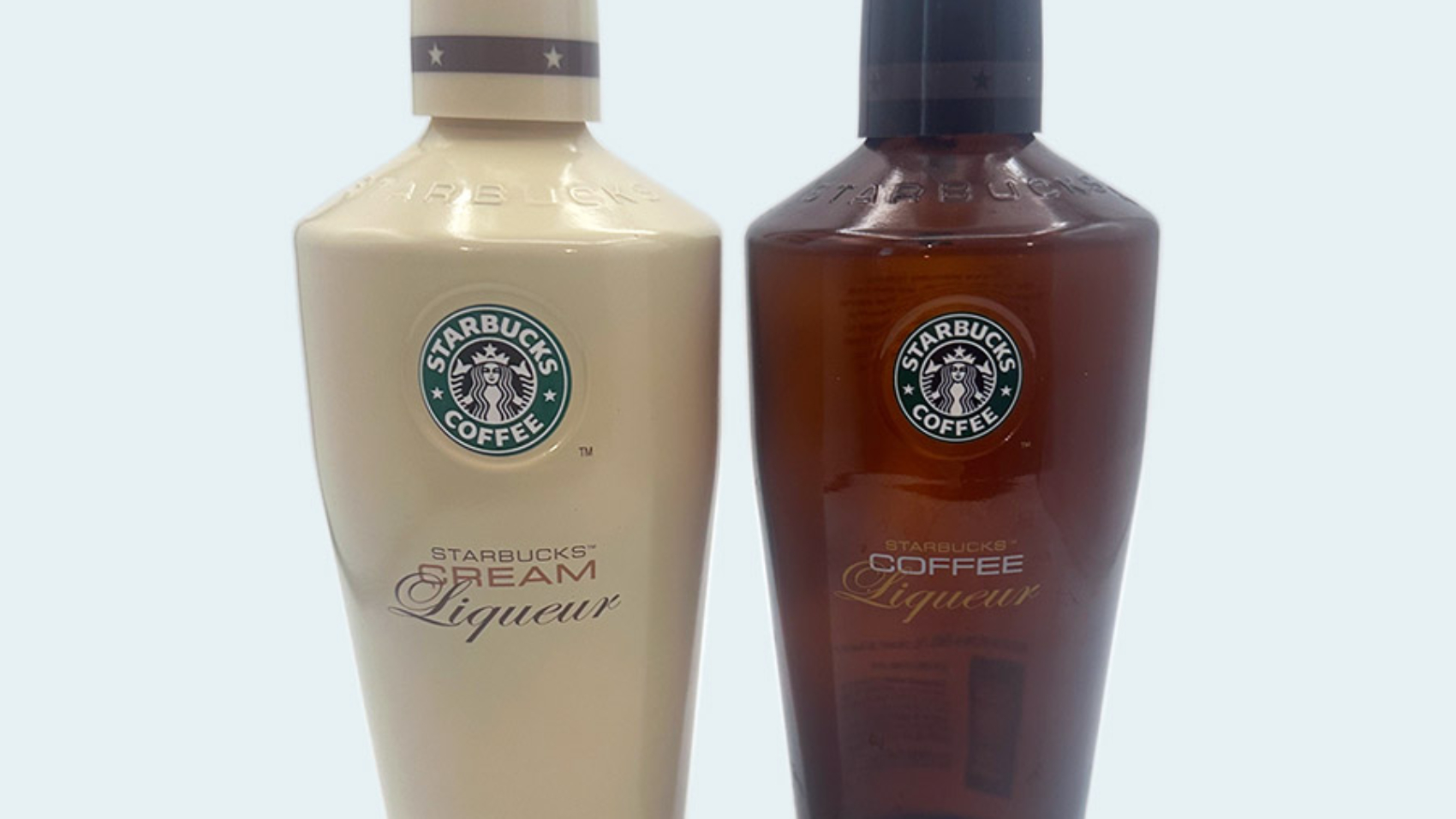Introduced in 1999 and discontinued in 2001, Krissy was Barbie’s baby sister.
Bill Ripken Error Card
During a time period in which manufacturers were rushing to produce as many cards as possible to keep up with demand, Fleer became a bit careless with its Bill Ripken 1989 Fleer baseball card.
Ripken carved the phrase in the bat. Bill noticed that the pile of bats outside his locker at Spring Training was a bit too heavy. But he decided to use them for batting practice. Bill needed to write something on one of his bats to make it easily identifiable.
At Fenway Park later that season, a photographer asked to take Bill’s picture and he agreed, unknowingly holding the bat in question.
Sports Illustrated Swimsuit Edition
The Sports Illustrated Swimsuit Edition launched in 1964 while Sports Illustrated launched in 1954l.
Sports Illustrated’s circulation peaked 30 years ago and has been declining ever since. In 2018 it went biweekly and in 2020 it went monthly. Total annual circulation fell off a cliff leading to its demise in 2023.
ESPN and the social web saturated the public with sports and sports commentary, which meant week-old reporting was stale by the time it landed in your mailbox.
Barbie Sports Illustrated
In 2014, Barbie was in Sports Illustrated to celebrate its 50th anniversary.
Launched in 1954, Sports Illustrated was one of the few sources of real sports reporting. Its circulation peaked 30 years ago and has been declining ever since. In 2018 it went biweekly and in 2020 it went monthly. Total annual circulation fell off a cliff leading to its demise in 2023.
ESPN and the social web saturated the public with sports and sports commentary, which meant week-old reporting was stale by the time it landed in your mailbox.
Dell Streak Tablet
Launched in 2010 and discontinued in 2011, the Dell Streak was unable to compete with the Apple iPad. In 2011, the Apple iPad sold 50 million tablets in 2011, while all rivals combined sold 1 million.
American Basketball League
Lasting from 1996-1998, The American Basketball League (ABL) was a professional women’s basketballleague in the United States. At the same time the ABL was being formed, the NBA was creating the WNBA.
The ABL got off the ground before the WNBA, and at least early on its quality of play was higher than the rival league. This was partly due to the league’s signing of a majority of players from the 1996 USA women’s national team. Although the WNBA was bankrolled by the NBA, the ABL offered higher salaries. The two leagues did not compete directly; the ABL played during the winter while the WNBA played during the summer. However, this arrangement put the ABL in competition with the established men’s NBA for an audience. Ultimately, the ABL found the WNBA’s stronger financial resources—augmented by the NBA’s marketing machine—to be too much to overcome.
Peloton
After peaking at a $45B valuation in 2020, Peloton was worth $1B in mid-2024. The connected fitness company carved its way into the mainstream as a solution to shuttered gyms during the early days of the Covid pandemic. But then it made the critical error of planning for that demand to last, even as the virus waned and lockdowns lifted.
Fotomat
Founded in the 1960s and listed on the NYSE in 1977, Fotomat was an American retail chain of photo development drive-through kiosks located primarily in shopping center parking lots. At its peak around 1980, there were over 4,000 Fotomats throughout the United States. After the introduction of digital cameras, overnight service eventually became obsolete and Fotomat switched to online digital imaging at Fotomat.com where users could edit and store their images. This site ceased operations September 2009. Many former Fotomat huts still exist, having been converted into drive-thru coffee kiosks.
TB12
In 2023, TB12 closed its facilities in Boston, Tampa, Los Angeles, New York City, and Foxborough, where they sold fitness and wellness products that Tom Brady purportedly used to get him through 23 NFL seasons.
Starbucks Liqueur
Launched in 2004 with Jim Beam, Starbucks Liqueur was sold in restaurants, bars and retail outlets since Starbucks was not licensed to sell alcohol. It seemed like a natural match since nearly 50 percent of Starbucks patrons already consumed coffee liqueurs, more than nine times the national average.
A couple other failed experiments were in 1995, when Starbucks and Dreyer’s Grand Ice Cream developed Starbucks Ice Cream and in 1996 when Starbucks Frappuccino coffee drinks were introduced in partnership with Pepsi-Cola Co.


